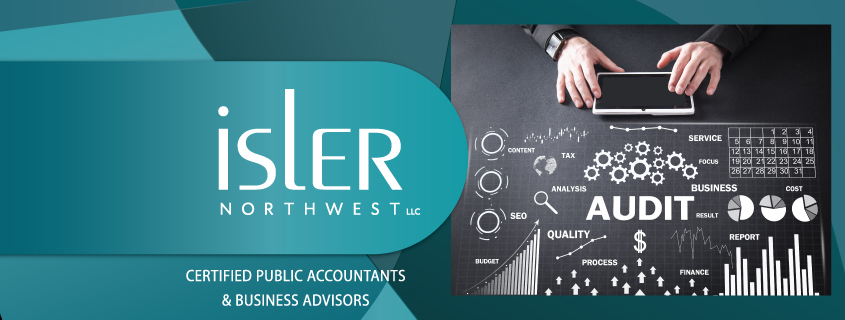If you’ve been following the news recently, you’re no doubt familiar with the talk about the Internet Revenue Service hiring new agents during a time when they’ve been critically understaffed for years. Indeed, the IRS is expected to receive approximately $80 billion in funding between now and 2031, much of which will be used to hire new people with an eye towards an increase in, among other things, potential enforcement increases like auditing in the near future.
Nobody wants to get audited, of course – but most people acknowledge that it is a very real possibility at some point. This is especially true of business owners, those who are self-employed, and those who are a part of the gig economy.
Of course, this demands the question – does the IRS target some groups of people more than others? Does this hiring spree that they are reportedly about to go on increase your chances of getting audited? What are your chances if you’re prone to taking certain types of credits when you file your income taxes? The answers to questions like these require you to keep a few key things in mind.
What You Need to Know About the Odds of Getting Audited
According to one recent study that was based on data obtained from the Treasury Department, one credit that does likely increase your chances of getting audited is the Earned Income Tax Credit, otherwise known as the EITC for short. In 2022, the maximum EITC amount that someone could claim (if they qualified for it, that is) was $6,935. This credit is designed to provide some much-needed assistance to workers with low-to-moderate income rates in particular. For many, it could not only lower the amount they owe – it could be the deciding factor as to whether they get a refund at all.
The aforementioned study looked at 148 million tax returns that were filed in a given year and the 780,000 audits that resulted from that. It was determined that claiming the EITC, along with similar types of refundable credits, does lead to an increase in your chances of getting audited. Part of this is because filing for the EITC can be confusing by its nature. It requires you to understand the finer points of claiming dependents, which children qualify and which ones don’t, etc. It’s very easy for taxpayers to make mistakes and the IRS tends to go over these types of credits with a careful eye.
Another study showed something similar – that those who made less than $25,000 were five times more likely to get audited than those who came in above that threshold.
However, this is definitely a double-edged sword to a certain extent. Just as it’s easy for taxpayers to make mistakes due to the confusing nature of things like the EITC, it’s also easy for them to exploit those same issues, too. Because of that, fraud tends to run higher in these types of situations, which goes a long way towards explaining why the IRS watches the tax returns of those who claim it vigilantly.
In a larger sense, audits actually don’t happen nearly as much as most people assume. In 2022, out of every 1,000 income tax returns, only about 0.38% were audited for various reasons. Of course, it isn’t just low-income workers who are seeing the brunt of this attention. The audit rate for the 2019 tax year for those making between $100,000 and $200,000 was 0.2%. While that is lower than the average, the odds increase to 0.6% if you make between $500,000 and $1 million. If you make more than $10 million, you have an 8.7% chance of getting audited. Note that this isn’t speculation – this is all compiled from data that is publicly available on the IRS website that was released in May 2022. You can expect these numbers to increase as enforcement rises over the next decade.
In the end, all of this helps to underline the importance of why you should always consult a financial professional if you’re confused about filing your taxes or if you’re worried about what it might mean if you get audited. In a lot of situations, getting audited doesn’t mean you’re “in trouble” – it just means that the IRS would like more documentation to help explain certain decisions that were made on your taxes. A financial professional can help make sure that mistakes aren’t made that could cause issues and that even if you are audited, the process will go smoothly and quickly as it should.
If you have any questions, please contact our office at (503) 224-5321. Isler Northwest LLC is a firm of business advisors and CPAs in Portland, Oregon. Our service goal at Isler Northwest is to earn our clients’ trust as their primary business and financial advisor.
Isler Northwest
1300 SW 5th Avenue
Suite 2900
Portland, Oregon 97201



